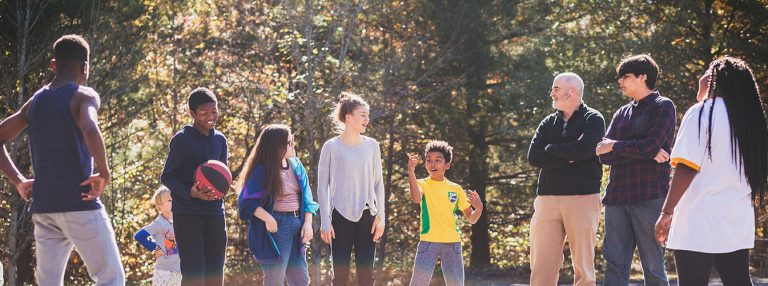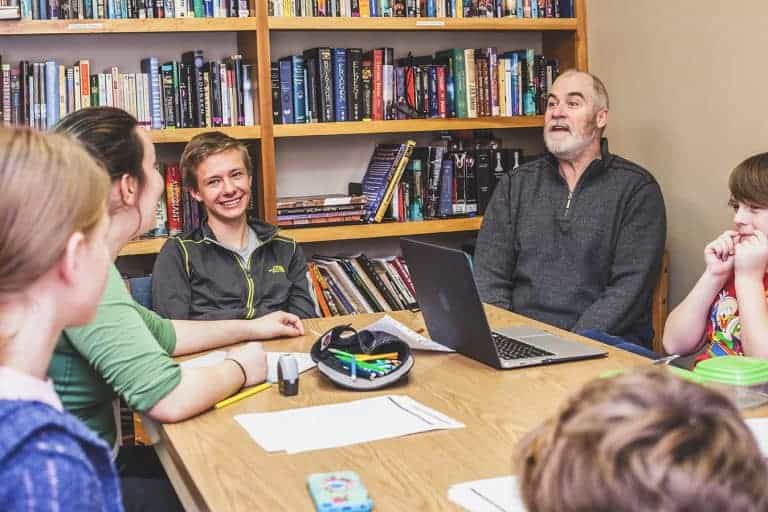Fairhaven Vs. “Unschooling”
Recently the idea of “Unschooling” has come up in the news, raising suspicions of the education those who are “unschooled” receive. There was an article in the news with George Stephanopolous about this idea of non-traditional schooling. (http://news.yahoo.com/video/health-15749655/parents-defend-unschooling-19235564) People have been confusing this concept with Fairhaven’s model of schooling, so I’m here to explain the differences. Fairhaven is a school, “Unschooling” is a concept that some who are home-schooled practice.
In the aforementioned article, one family in Westford, Mass. is taking charge of their children’s education and letting them decide what they want to learn and do. “Unschooling is self-directed life-long learning,” said Christine Yablonski, the kids’ mom. The most accurate definition of “Unschooling” is: “a home- schooled education with the child taking the primary responsibility instead of the parent or teacher.” Fairhaven is a lot like this in that they follow the Sudbury model of school, which also means that the student is in charge of their individual education. This by no means proves that we are in any way “unschoolers.”
I spoke with a few of the staff members about Fairhaven in regards to the Sudbury model of schooling. Caity Pittenger, a staff member who transferred to Fairhaven her sophomore year of high school as a student and now teaches here, said that at Fairhaven, she had more confidence in herself as a student and became more direct as a student. She also commented that school and education felt fun again because she could pace her own learning.
Sudbury schools are a radical transformation from the accepted idea of school. An article published by Fairhaven School and written by former staff member Romey Pittman, discusses the similarities of Sudbury Schools to other school such as Montessori, Waldorf Schools and, home school. As with Montessori, Sudbury schools allow for the students to have more freedom to make decisions. It holds the general assumption that students are curious about life on their own. (“Unschooling” holds the same idea.) In comparison to a Waldorf School approach, Sudbury cares about the child as a whole, with interests beyond academics. Also Sudbury schools are interested in the overall happiness and potential of every student. The wisdom of a child is respected as with their view on topics such as society, politics, and world issues. The needs of the student (which are self determined) are heard and responded to accordingly. The idea of “unschooling” was first seen in home school, which is much like the model of Sudbury schools. The idea is that learning is possible without teaching, and students want to succeed in life. Lastly, the Sudbury model and “unschooling” share the idea that kids learn from experience and experiments over textbooks.
Education is necessary to the advancement of people no matter where you receive your education. For some, good ol’ fashion, traditional schooling is best; for some “Unschooling” is their method of choice. Personally, I prefer Fairhaven’s model of education primarily because I can learn what I want, when and where I want. This drives me to want to learn more because I am the master of my educational destiny. Before I go, I want all students reading this: to know that education is power. Work to the best of your ability and never let someone hold you from your educational destiny, and most importantly, pursue your dreams!
~Kiara Marie


